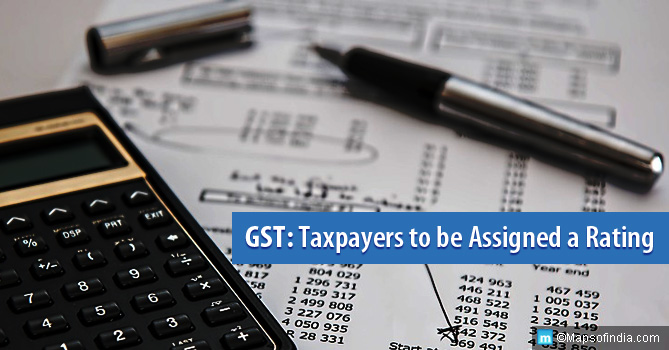In order to replace innumerable Central and state taxes, the government of India introduced the Goods and Services Tax (GST) on 1 July 2017. The intricacy of GST following tedious compliance burden could not satisfy small businesses as well as exporters, and complaints, began pouring in. It has been three months since GST was rolled out and pertaining to its effects, the Goods and Services Council (GST Council), offered several reforms pertaining to GST. While reducing taxes of various commodities, on one hand, the reforms in the Goods and Services Tax has come as a boon for small businesses as well as exporters allowing small businesses to file returns on a quarterly basis. After a nine hour-long meeting of the GST Council on Friday, the Finance Minister Arun Jaitely said, “GST Council has considered the implementation experience of the last three months and gave relief to small traders. Compliance burden of medium and small taxpayers in GST has been reduced.” Pertaining to the recommendations offered by the GST Council, Prime Minister congratulated the Finance Minister Arun Jaitley and his team for engaging with various stakeholders for “extensive feedback which led to these recommendations on GST. Here is an extensive view on the recommendations made by the Goods and Services Council.
- As per the changes pertaining to the Goods and Services Tax, businesses with annual turnover of rupees 1.5 crore have been permitted to file quarterly income tax returns instead of the contemporary provision of filing it on a monthly basis.
- According to the changes made by the Goods and Services Tax Council, the taxpayers will be provided with the composition scheme having an annual aggregate turnover of up to Rs. 1 crore as against the previous turnover of Rs. 75 lakhs.
- A group of Ministers will be constituted so as to examine the measures of the composition scheme.
- The GST Council adopted a measure in order to reduce the compliance cost of small scale service providers. Service providers whose annual aggregate turnover is less than Rs 20 lakhs will be exempted from obtaining registration even if they are making inter-state taxable supplies of services.
- It was decided by the GST Council that taxpayers with total turnover up to Rs 1.5 crore shall not be required to pay GST at the time of receipt of advances on account of supply of goods. The GST on such supplies shall be payable only when the supply of goods is made.
- Addressing the problems faced by small unregistered businesses, recent reforms in GST will make services provided by a Goods Transport Agency (GTA) to an unregistered person exempt from Goods and Services Tax.
- The registration and operationalization of TDS/TCS provisions will be postponed until March 2018.
- As per the changes announced by the GST Council, the last date for filing the return in FORM GSTR-4 by a taxpayer under composition scheme for the quarter July-September, 2017 will be extended to November 15, 2017. Also, the last date for filing the return in FORM GSTR-6 by an input service distributor for the months of July, August and September 2017 will be extended to November 15, 2017.
- For the remaining financial year, the exporters will operate under an exempted category paying a nominal GST of 0.1 percent. However, a new digital e-wallet system for every exporter will be started by the government by April 2018.
- A six months tax relief has been announced for exporters by the GST Council.
- As per the new reforms pertaining to GST, rate on 27 items has been cut by the council.
- Food Packets for school children (ICDS) will be taxed at 5% instead of earlier 12%.
- GST on sliced dried mangoes, Gujarati delicacy Khakra, unbranded namkeen along with unbranded Ayurveda medicine had been cut down from 12% to 5%.
- Tax rate on man-made yarn had been cut down to 12% as compared to earlier 18%.
- Non-marble and granite stones, diesel engine parts, pump parts and stationary items have been reduced from 28% to 18%.
- Tax on food items, zari and printing items has been cut down to 5% instead of 12%.
Read More About GST
What is GST?
How to register for GST?
Various Goods and Services Tax forms
Implementation of the GST in India
Costlier Or Cheaper Under GST?
Revised GST Rate List
Different GST Return Forms






